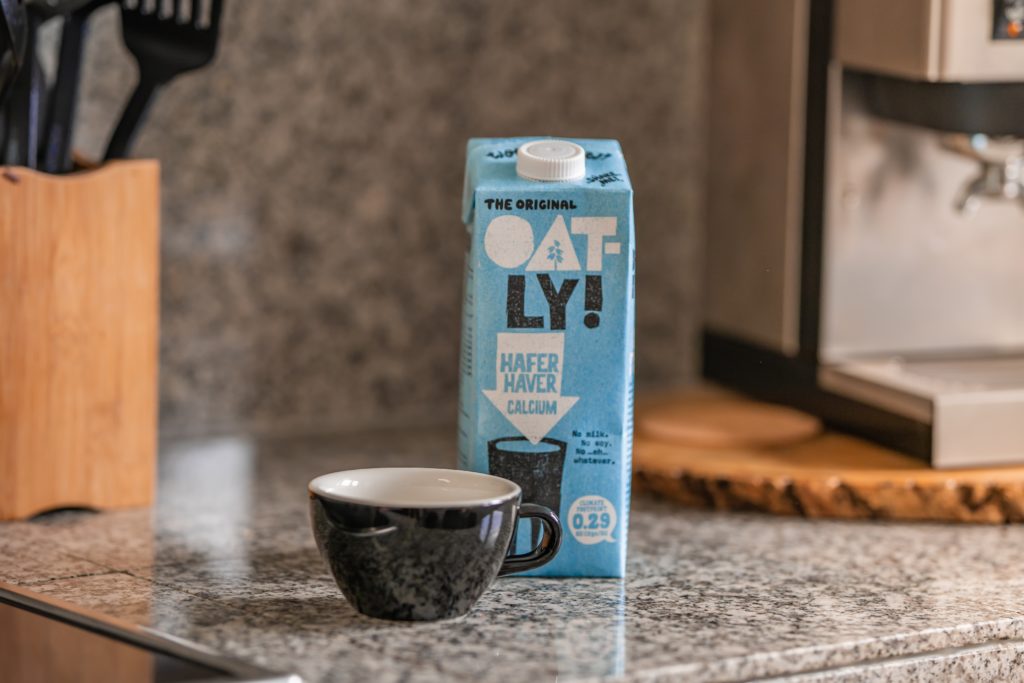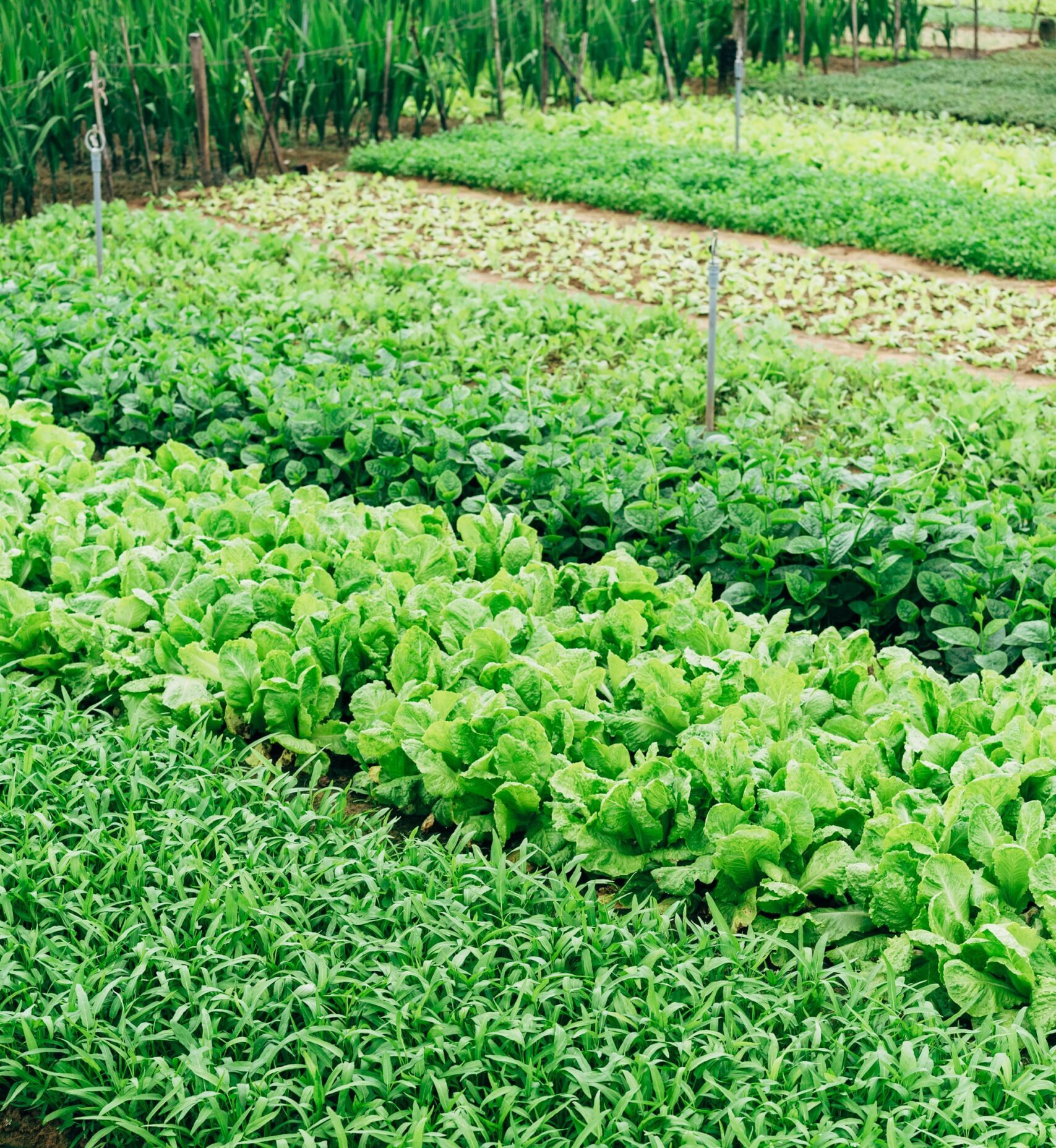For several years now, the EU has been revered due to its progress regarding climate change and various environmental initiatives. The majority of the most environmentally-friendly nations in the world are within the European Union. The EU is even home to several zero-waste cities that work hard to reduce waste and pollution. There are even several cities that have repeatedly shown up on the “most vegan-friendly” lists!
Late last year, the EU parliament even protected the right for restaurants and producers of meat-alternatives to label them as “veggie burgers” after farmers moved to ban plant-based products from using names such as burgers, steak, or sausage. Yet, the same rules do not seem to apply to vegan dairy alternatives. In 2017, the European Court of Justice banned labels such as “almond milk” or “soy cheese.” The ban stated that words such as milk, cheese, yogurt, and butter cannot be used to label products that are non-dairy.
In October last year, vegan dairy-alternative producers and brands faced the possibility of an even greater challenge. The European Parliament voted in favor of the so-called “dairy ban” or Amendment 171, which would prevent dairy-alternatives from even referencing or using packaging similar to that of dairy products. This means that dairy-free “yogurt” wouldn’t be able to be called yogurt or sold in packaging that looks like traditional yogurt packaging. The same principle would be applied to milk, cheese, ice cream, and other “dairy” products. The ban initially passed through Parliament with a 54% majority.
Fortunately, for the amendment to become a law, the EU Council of Ministers and the European Commission have to vote in favor of it as well. Dairy-alternative producers are hopeful since the original majority vote was so close. However, if the amendment were to pass and be made into law, the vegan brands would also be banned from discussing health or environmental benefits when comparing them to dairy products. For example, products could no longer say that they have “X amount more protein than traditional dairy” or “emit X amount less CO2 than traditional dairy.”
EU lawmakers claim that the dismissal of the “veggie burger” ban did not set a precedent for this case as meat does not always mean animal meat and can be referenced to the meat of a vegetable, fungi, etc. While “dairy,” “milk,” “cheese,” and other such terms have always referred to a liquid produced by a mammal. However, this sounds like a stretch to me. It seems that Cecilia McAleavey, the director of public affairs and sustainable eating for Oatly (an oat dairy-alternative brand), also isn’t convinced. In a statement, she said, “People are not stupid—everyone understands that this is an attempt by the dairy lobby to hinder the shift towards sustainable plant-based eating.”
With vegan and other plant-based diets on the rise in Europe, this comes as no surprise. However, this amendment can cause even more troubles to people who suffer from dairy allergies or intolerances. The “dairy ban” could prevent such people from having vital information when selecting their foods. Environmentalists, dairy-alternative enthusiasts, and brands like Oatly and Quorn Foods are fighting back. A petition with over 400,00 signatures is currently circulating in hopes of bringing awareness and stopping plant-based censorship. Activists such as Greta Thunberg are also calling for the rejection of the amendment.
How can the EU be a leader in green policy and environmental action if they are fighting to censor vegan dairy alternatives? In 2017, thirteen of the largest dairy producers had the same carbon footprint as the entire United Kingdom. And with Europe being one of the biggest global dairy producers, the EU cannot afford to censor plant-based alternatives. We are running out of time to prevent environmental disaster. By punishing plant-based brands for the sake of short-term economic advantages, the European Union is beginning to show its true colors.
Get more like this—Sign up for our daily inspirational newsletter for exclusive content!
___
Photo by Leon Seibert on Unsplash





